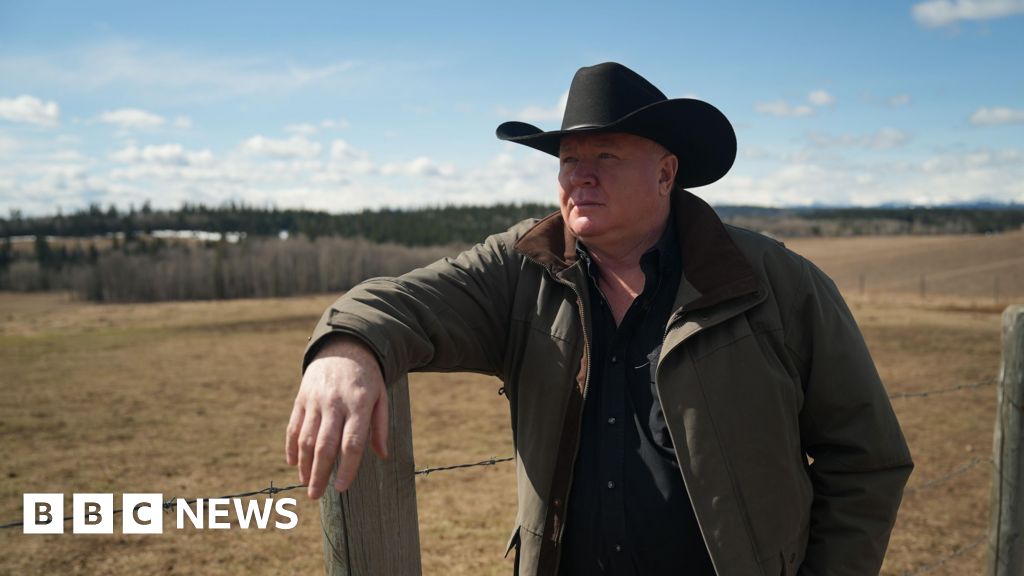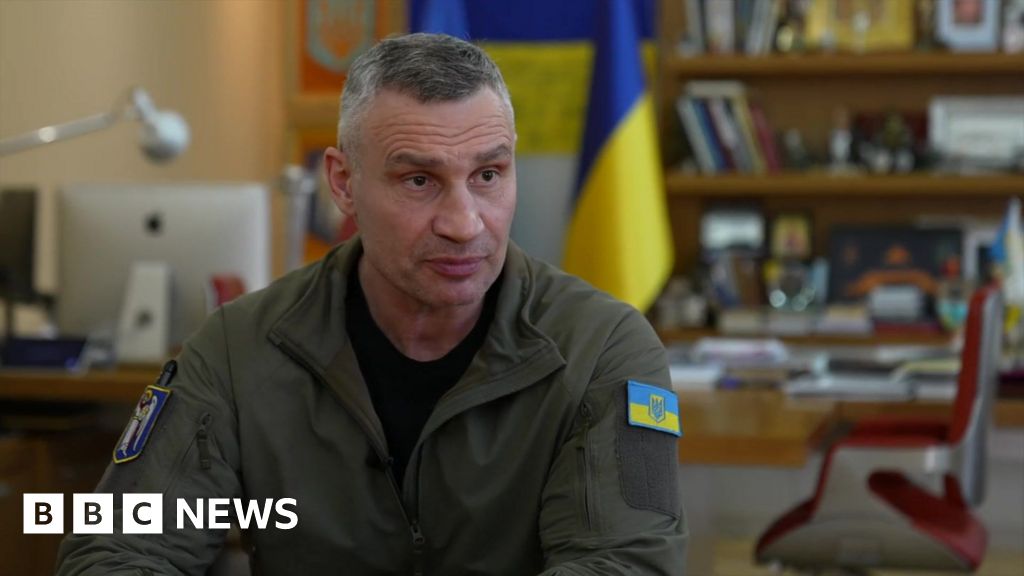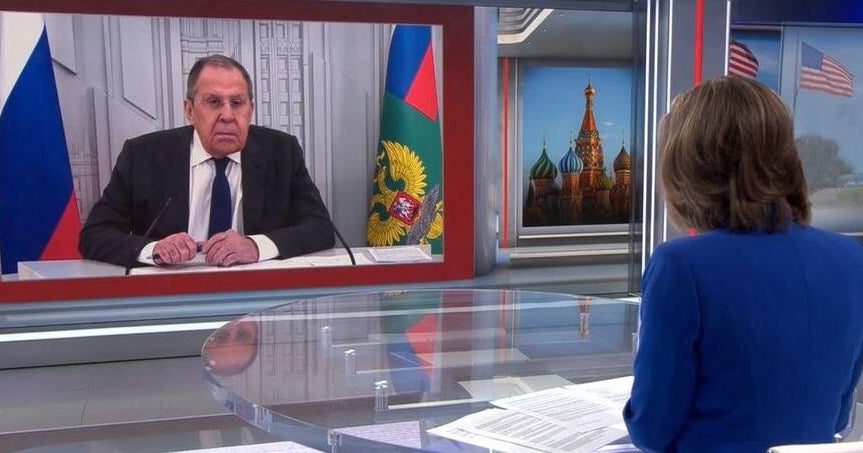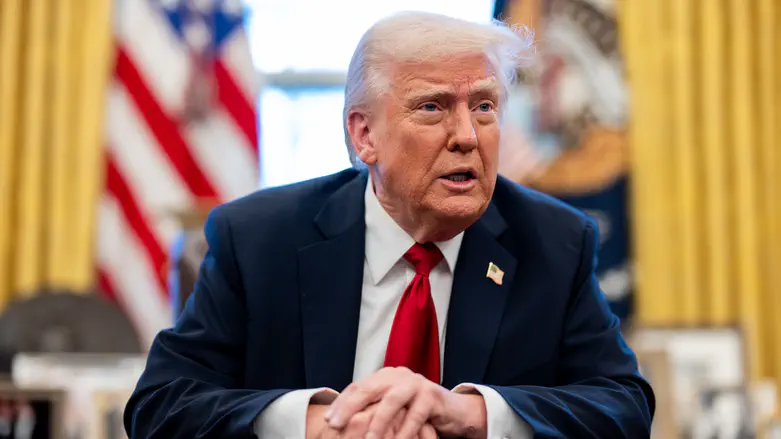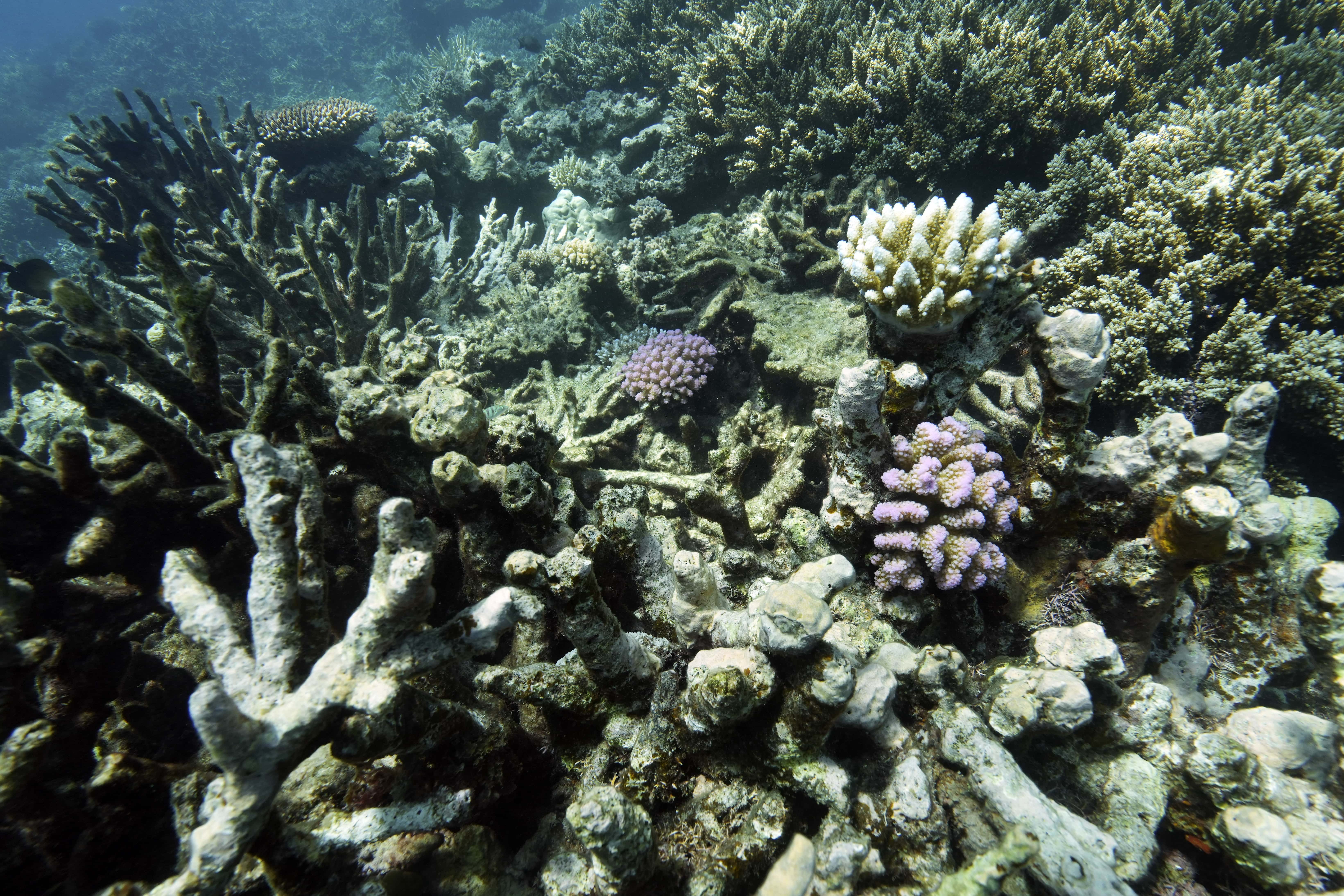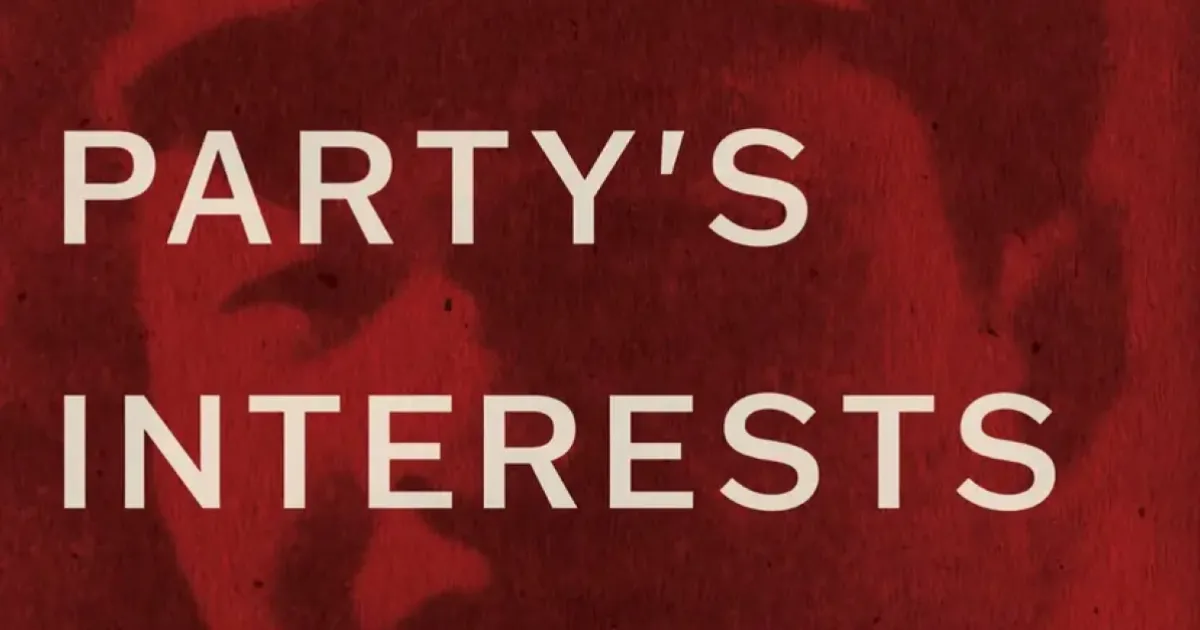Justice Department Revokes Biden-Era Protections for Reporters in Leak Investigations

The U.S. Justice Department has made a significant policy shift by rescinding protections for journalists that were established during the Biden administration. This change, announced on Friday, allows federal authorities to utilize subpoenas and compel testimony from reporters involved in investigations concerning leaks of sensitive information.
Attorney General Pam Bondi emphasized the rationale behind this decision in an internal memo obtained by NPR, stating, "Federal government employees intentionally leaking sensitive information to the media undermines the ability of the Department of Justice to uphold the rule of law, protect civil rights, and keep America safe. This conduct is illegal and wrong, and it must stop." Bondi's memo indicates a return to a more aggressive posture toward leak investigations, reminiscent of policies enacted during the terms of former Presidents Trump and Obama.
Under the previous administration, the Justice Department had pledged not to secretly seize reporters' records in their attempts to identify sources, a practice that had raised serious ethical concerns. The Biden-era policy established a framework that limited the circumstances under which the government could pursue such actions. However, Bondi's recent memo signifies a sharp break from that approach, signaling a potential increase in the scrutiny of journalists during leak-related investigations.
Bondi's memo also elaborated on the mechanisms that the DOJ will employ to gather information. She noted that any subpoenas, court orders, or search warrants aimed at reporters must receive prior approval from higher-ups within the Justice Department. Furthermore, journalists are entitled to prior notification regarding these actions, and the department must strive to ensure that such measures are as unobtrusive as possible in order to protect news gathering activities and any potentially privileged materials.
In her memo, Bondi referenced specific examples from the Trump administration, including the unauthorized disclosure of classified information related to intelligence assessments concerning the Venezuelan gang Tren de Aragua, as well as the involvement of Dan Caldwell, an adviser to Defense Secretary Pete Hegseth, who was placed on leave under controversial conditions. These instances highlighted the need for stringent measures against leaks, according to the Attorney General.
Despite the aggressive stance, Bondi asserted that the Justice Department acknowledges the importance of press independence. She stated that the department would make efforts to limit the extent to which journalists are compelled to disclose information, by implementing enhanced approval requirements and advance-notice procedures for any attempts to question or detain media representatives. "The Attorney General must also approve efforts to question or arrest members of the news media," she noted, indicating a desire to maintain some level of protection for journalistic work.
Advocates for press freedom are voicing their concerns regarding this policy reversal. Bruce Brown, who serves as the president of the Reporters Committee for Freedom of the Press, highlighted the critical role that protections for journalists play in ensuring the public's right to information. He remarked, "Some of the most consequential reporting in U.S. history from Watergate to warrantless wiretapping after 9/11 was and continues to be made possible because reporters have been able to protect the identities of confidential sources and uncover and report stories that matter to people across the political spectrum." Brown's statement underscores the belief that the ability of the press to safeguard sources is essential for democracy and accountability.













